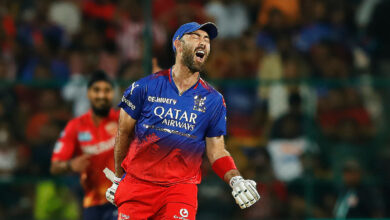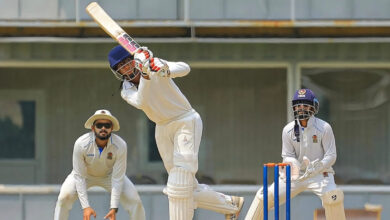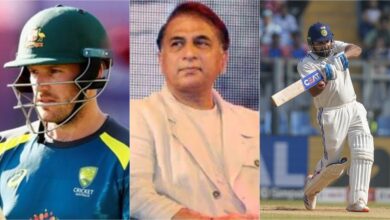World Chess Championship: Of a thrilling showdown and the meaning of happiness

“A draw between these two would be like a sensation,” remarked Grandmaster Daniil Dubov after Game 6 of the 2023 World Chess Championship between Ian Nepomniachtchi and Ding Liren ended with the Chinese GM drawing level with the Russian at 3-3.
It was a contest that stretched out for four hours and yet held the world’s attention. Unlike many of its predecessors, the 2023 contest has already delivered four decisive results in six games leading eight-time US Women’s Champion Irina Krush, who was in the commentary box for FIDE with Dubov, to compare it to a boxing bout.
“The final positions are so beautiful. It’s durbing how beautiful this stuff is. Aesthetically! It is incredible from a chess point of view, it’s so satisfying,” Grandmaster Anish Giri said on chess.com as he analysed Game 6.
A cursory glance at the recent hory of World Championship battles illustrates just how rare getting four results in six games has been. In the 2021 clash between Magnus Carlsen and Nepo, the first six games yielded just one victory. Carlsen’s skirmishes with Fabiano Caruana and Sergey Karjakin featured no wins in the first six games.
In fact, going back to Viswanathan Anand taking on Garry Kasparov in 1995, no contest has seen so many wins in the first six games: 2014 Carlsen vs Anand had three wins, 2013 Carlsen vs Anand had two, Anand vs Boris Gelfand had none, Anand vs Veselin Topalov had three, as did Anand vs Vladimir Kramnik. Kramnik vs Topalov had two (and a forfeit), Kramnik vs Peter Leko had two, Kramnik vs Kasparov had one and Kasparov vs Anand had none.
“I think I played one of my worst games ever. Every move was bad. My whole game contained inaccuracies. Bad day!” said Nepo in an honest assessment of Game 6.
This Nepo vs Ding contest seems to be inspired the words of Bob Fischer, who once said that chess was beautiful because “one day you give your opponent a lesson, the next day he gives you one.”
The Russian challenger, though, was understandably in no mood to take lessons from the sport, appreciate the beauty of it or relish how much hory they have been making on the board. “Ask me this question some other day,” he said when asked about his feelings about being a part of such a spectacular contest. He repeated the same reply for another question.
His opponent was more forthcoming. When asked what had led to the spate of results between them, a perked up Ding quipped: “Maybe the reason is we’re not as professional as Magnus (Carlsen).”
He punctuated that cheeky reply with the widest smile he has probably summoned since landing in Astana, an indicator that his happiness levels were spiking off the chart.
An American and a Russian walk into the commentary box
Speaking of happiness levels, American GM Krush, who was in the commentary box with Russia’s Dubov, had asked Nepo after his win in Game 5 to rate how happy he was between one and 10 at the press conference on Saturday. To this, Nepo had replied: “More than five and less than 10.”
With Ding having beaten time trouble in Game 6, he took his sweet time to contemplate his 41st move. Krush took the opportunity to ask Dubov why his compatriot had been so vague and deflective in his response.
“What (number were you looking for)? Like 6.74?” he said in his trademark deadpan style.
“I don’t think it was about him trying to hide it. Sometimes there are questions you don’t expect and you don’t know what to say,” the Russian added, giving a perfect explanation about how different cultures would perceive the same question differently.
Then, unwittingly, Dubov demonstrated the cultural gap as the duo wandered into a conversation over the meaning of happiness and how it meant different things for different people.
“We have food, our health is there, we have some money,” said Dubov, venturing into an ideological meaning of the word happiness.
Meanwhile, Krush tried to lighten the mood slightly talking of how the self-heating marble floor in the bathroom at her hotel room in Astana made her happy.
Dubov continued: “If you look at the situation worldwide, you’re lucky to have some basic things. We’ll have dinner (food on the plate). Sometimes, we just don’t value how lucky we are that we can just sit here and play our favourite game.”
It is likely that at the end of Sunday, at least Ding Liren had an understanding of how lucky he was. As for Nepomniachtchi, let’s just ask him this question some other day.







